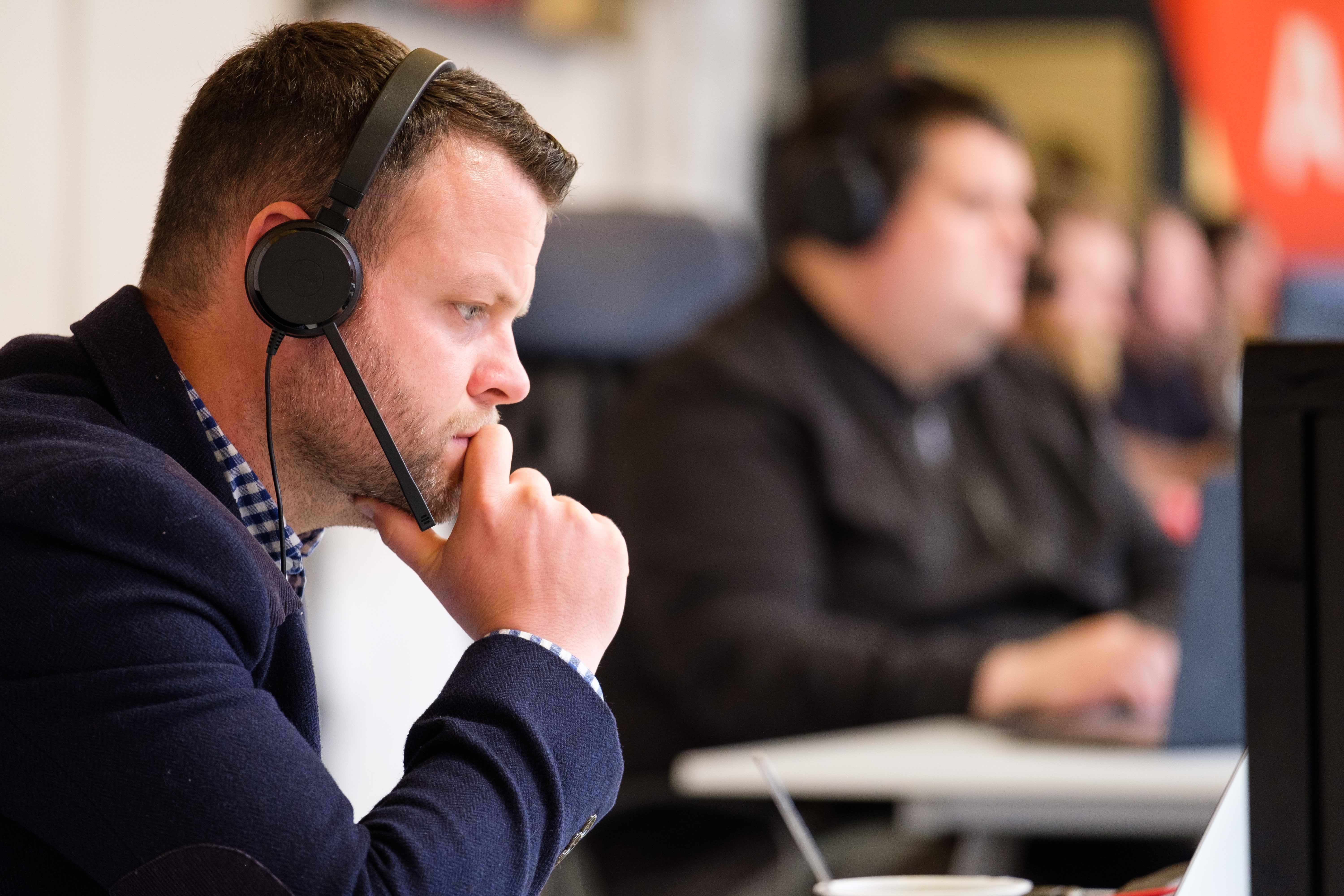A few years ago, employee experience itself might have seemed the key to the future of modern workplaces. The term started to be discussed in earnest back in 2017 and since then the discussion has continued to grow.
Now, employee experience, which essentially encompasses all touchpoints throughout an employee’s life cycle with any particular company, is understood as an important factor in business. It’s the biggest contributor to company culture too. So, after immense changes over the past few years, how is this employee-centric understanding of workplaces set to change?
The rise of remote working
It’s impossible to talk about the world of work in 2021 without discussing remote options. As written in Forbes, “The COVID-19 pandemic created history’s biggest remote work experiment yet.” As a result, many businesses have integrated ‘work from home forever’ policies while others have reinforced the need for a return to established offices. But it’s important to note this conversation hasn’t arisen only from the pandemic, it’s just been accelerated by it.
Remote and flexible working will likely continue post-pandemic, and will be important to employee experience, but that’s largely because we’ve realised just how possible it is in the digital age. The modern office will evolve. Rather than being a place where employees sit to work, Michael McDaniel, of DXC Technology, suggests it will become “a space for collaboration, where we can bring people together to solve a specific problem and brainstorm new ideas.”
Accelerating technologies
Flexible working has, in part, been powered by our acceptance of technology. As digital tools have become more familiar in our lives outside of work, we’ve become more accepting of using tech to our advantage in the workplace too. That was sped up by a mass switch to home working – McKinsey found that we saw five years of digital progress in just the first eight weeks of the COVID-19 pandemic.
Now that we’re more comfortable with the ways in which tech can benefit both business and employee experience, it looks set to take on an even greater role. Over the next year, it’s predicted that 30% of businesses will increase spending on cloud, network and mobility solutions. Plus, workplace analysis which uses digital tools to measure and report on productivity among other metrics, is growing too. 53% of organisations reported that leaders’ interest in workforce data has increased in the past 18 months. Any good leader will be using that data to improve employee experience.
Switch to slow living
In our own research, collating responses from several companies in diverse sectors, we’ve found that wellbeing has come to the fore in employee experience. Though not the product of the recent pandemic – it was an evolving trend well before COVID-19 hit – emphasis on slow living, sustainability and health is picking up pace rapidly.
Driven by a workforce that is increasingly critical of poor, or ill-considered, employee experience, this growing trend reflects the fact that most workers now have high expectations of their employers. They expect businesses to take responsibility for their actions and their impact on the wider wellbeing of the communities they create.
Personalisation where possible
To make that switch to an employee experience that prioritises wellbeing, personalisation is vital. If an organisation doesn’t understand its people, it’s impossible to determine what they need to do their jobs well and feel included by the business. That’s something that needs to be under constant evaluation. It’s not a one-time information gathering exercise and this is where an effective and ongoing research and insights initiative comes to the fore.
With that approach, employee engagement and productivity should both rise. In fact, research from the University of Warwick shows that personalisation improves employee happiness and can lead to a spike in productivity of up to 12%.
In the end, every workplace is different. The people within your organisation have varied experiences and perspectives and so the makeup of your employee experience is unique to your organisation.
That said, the future of employee experience is following a similar route for most. Sustaining trust in top management, acknowledging employee efforts and prioritising wellbeing will be critical for all businesses in the coming years. Employee experience is more important than ever, so it’s worth investigating how yours could improve for not just current employees but future ones too.
With that in mind, we conducted our own research into the employee experience and have shared the results in our latest whitepaper, Workplace experience. Take a closer look to discover what’s changing, and what isn’t, in the world of employee experience. If you're looking for support with your digital communications strategies or just need some guidance on creative campaigns to help you improve the employee experience in your organisation, get in touch at anythingspossible@drpgroup.com
/DRPG%2045th%20Anniversary/DRPG%2045th%20White%20-%20No%20Text.png)


 Back
Back

/Blog%20Images/AEO%20SEO%20-%20Digital%20Blog.jpg)



